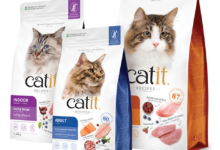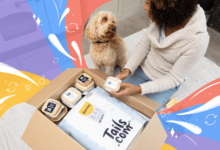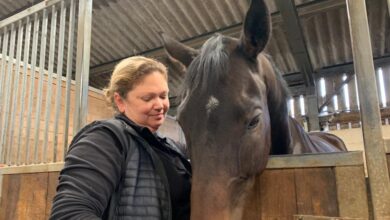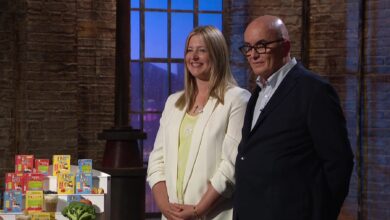New advice to prevent palytoxin poisoning released
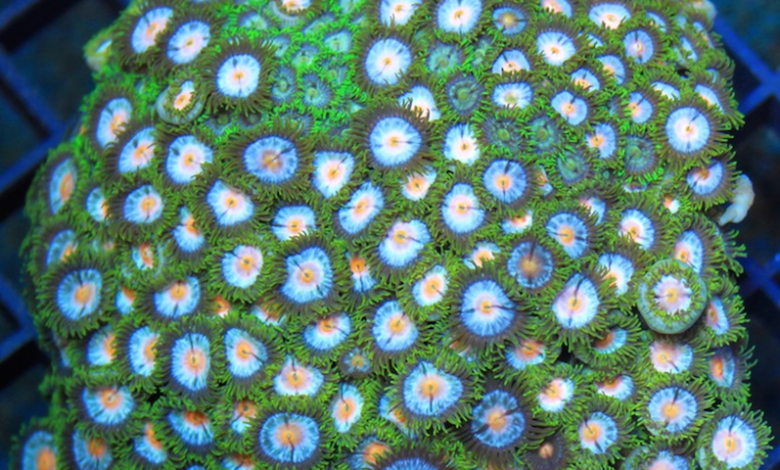
OATA has joined forces with key public health officials to produce guidance to help marine aquarium hobbyists who keep corals protect themselves against palytoxin poisoning.
Health Protection Scotland approached OATA with a request to help produce the advice after a small number of incidents involving palytoxin were reported across the UK.
Palytoxin is produced by species of Palythoa and Zoanthus soft corals with Palythoa species generally considered to be more toxic than Zoanthus species. However, as many hobbyists may not be able to distinguish between them, the collective term of ‘zoantharians’ is used.
The greatest risk of palytoxin poisoning comes from exposing the slime coating produced by zoantharians to air.
Wherever possible, marine animals should be handled underwater and fully submerged.
They should not be lifted out of the aquarium unnecessarily. If hobbyists do need to transfer them, the advice is to do so using submerged plastic bags, containers or buckets.
“Thankfully instances of palytoxin poisoning are rare occurrences and if people follow some simple steps it can be easily avoided,” said OATA’s assistant chief executive Dr Tracey King who has worked on producing the advice for hobbyists.
“We were very happy to work with Health Protection Scotland on producing this information for marine aquarists. Our main advice is to ensure that corals and live rock, which may have been colonised by these species of soft corals, should remain submerged at all times.
“If aquarists follow the simple steps outlined in our new leaflet then the risk of palytoxin poisoning will be greatly reduced.”
Greatest care needs to be taken when breaking down an aquarium, fragging, cleaning live rock or removing unwanted corals.
The aim should be to ensure the coral/live rock is submerged at all times. Activities that could release the toxin into the air and should be avoided include:
- pouring boiling/hot water over live rock/zoantharian colonies
- microwaving live rock/coral frag plugs
- pressure (steam) cleaning aquarium ornaments or rock which may have been colonised by zoantharians
- washing live rock under running water /using a water sprayer (especially if using a brush as well)
Dr Carole McRae from health protection Scotland’s environmental public health team said: “We are grateful to OATA and our public health colleagues for developing this advice leaflet, which we hope will minimise the potential for such incidents to occur in the future.
“The guidance provides invaluable advice on the steps that those keeping corals can take to protect themselves and others in their households.”
The advice leaflet can be found on the OATA website.:https://ornamentalfish.org/fish-keeper/useful-information/






